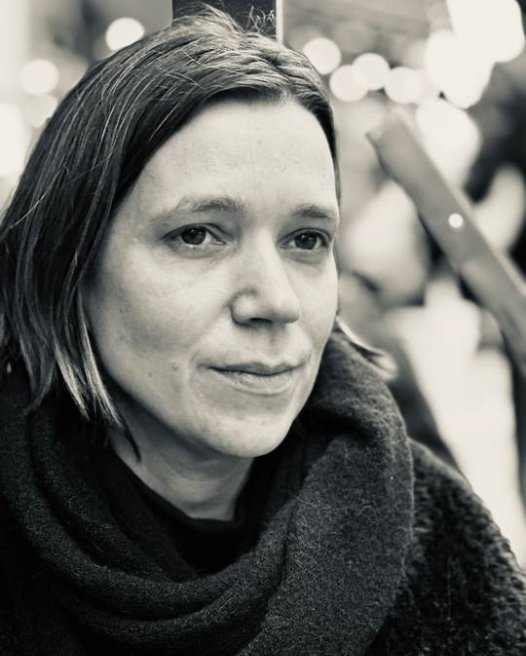My Armenian Phantoms
In 2020, I lost my father, Vigen Stepanyan, unexpectedly. He was a very popular theatre and film actor in Armenia. The grief caused by his death was all the more profound because I imagined that we still had a lot of time to talk. My Armenian Phantoms was born of this interrupted dialogue. The evocation of my father's ghost led me into a round of ghosts with whom I began to talk: my grandparents who worked in the film industry, actors and filmmakers who were my fathers friends. Then, little by little, one thing lead to another, Armenian cinema's past came back to me. Thus began a dialogue with cinema produced in an era that I knew as a child, a bygone era: that of Soviet Armenia.
What kind of history did this cinema focus on? Why did it do so? What feelings were expressed? The ideas conveyed? Who were these great figures? Why did Armenia produce films of such high artistic value during this period, which are little known outside the borders of my country? By delving into my past and my memories, giving free rein to my curiosity, my thoughts and my reveries, I will tell the story of Soviet Armenian cinema (1923–1990) in My Armenian Phantoms in a personal and non-didactic way. I propose this journey into the history of Armenian cinema in order to engage in a dialogue with a cinema and an era that we are beginning to forget.
What kind of history did this cinema focus on? Why did it do so? What feelings were expressed? The ideas conveyed? Who were these great figures? Why did Armenia produce films of such high artistic value during this period, which are little known outside the borders of my country? By delving into my past and my memories, giving free rein to my curiosity, my thoughts and my reveries, I will tell the story of Soviet Armenian cinema (1923–1990) in My Armenian Phantoms in a personal and non-didactic way. I propose this journey into the history of Armenian cinema in order to engage in a dialogue with a cinema and an era that we are beginning to forget.
